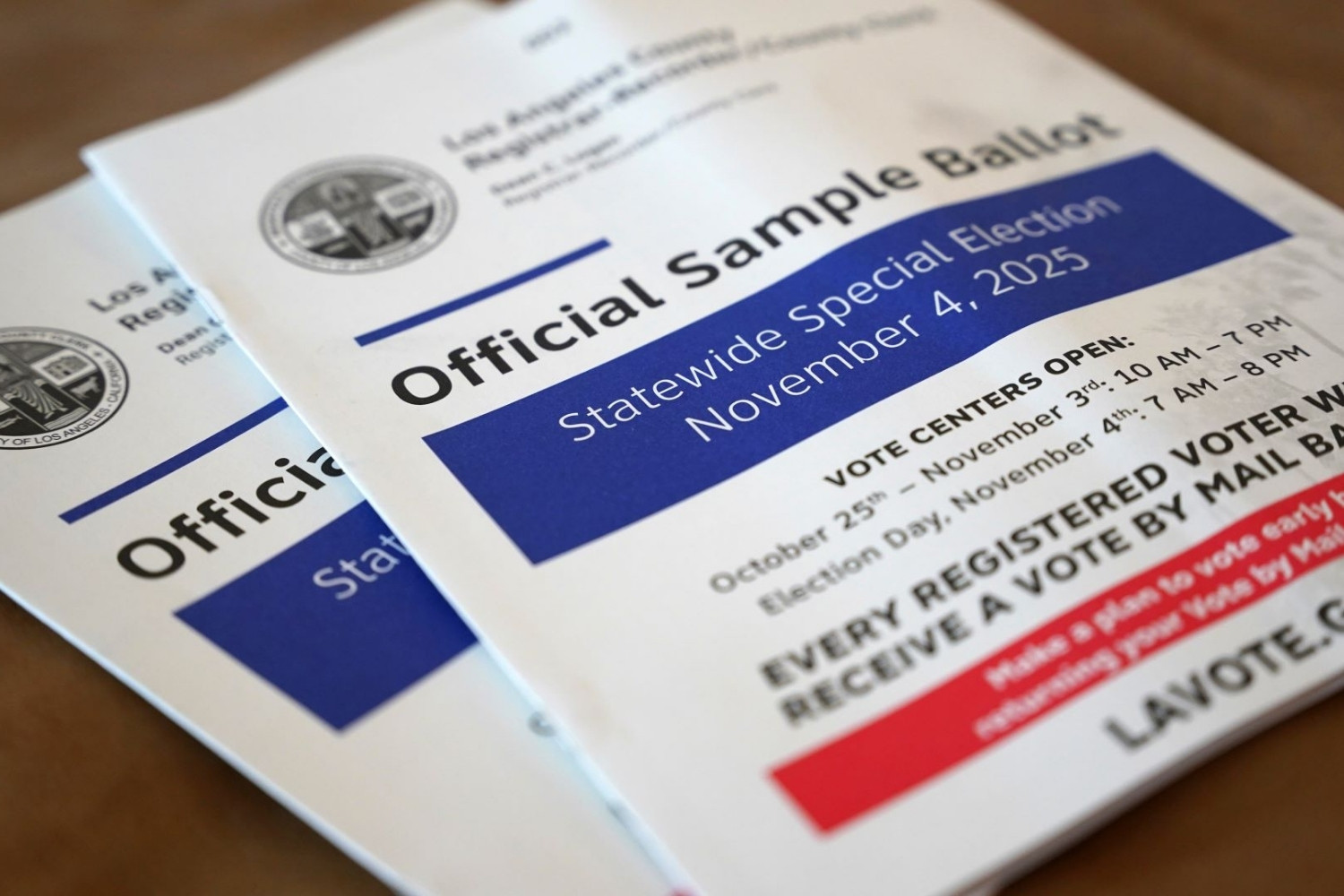
What is California Proposition 50? California Proposition 50, passed in 2016, allows the state legislature to suspend members without pay if they are accused of wrongdoing. This measure was introduced after several high-profile corruption cases involving state senators. Why does it matter? It aims to hold elected officials accountable and maintain public trust. How does it work? A two-thirds vote in either the State Assembly or Senate is required to suspend a member. What are the implications? Supporters argue it strengthens integrity, while critics worry about potential misuse for political gain. Want to know more? Keep reading for 27 key facts about this significant proposition.
What is California Proposition 50?
California Proposition 50, also known as the "Suspension of Legislators" amendment, was a measure on the June 7, 2016, ballot. It aimed to address the suspension of state legislators. Here are some interesting facts about this proposition:
-
Proposition 50 was designed to amend the California Constitution to allow the state legislature to suspend members without pay.
-
The measure was introduced in response to scandals involving state legislators who were suspended but continued to receive their salaries.
-
It required a two-thirds vote in the legislature to suspend a member without pay.
-
Proposition 50 did not specify the grounds for suspension, leaving it to the legislature's discretion.
-
The measure was placed on the ballot by the California State Legislature.
Historical Context of Proposition 50
Understanding the historical backdrop of Proposition 50 helps to grasp its significance. This measure didn't appear out of nowhere; it was a reaction to specific events.
-
The proposition was introduced after three state senators were suspended in 2014 due to criminal charges.
-
Before Proposition 50, the California Constitution did not allow for the suspension of legislators without pay.
-
The three suspended senators continued to receive their salaries, which sparked public outrage and calls for reform.
-
The measure was seen as a way to restore public trust in the state legislature.
-
It was part of a broader effort to increase accountability and transparency in California politics.
Support and Opposition
Like any political measure, Proposition 50 had its supporters and detractors. Each side had compelling arguments.
-
Supporters argued that it would prevent legislators accused of serious crimes from continuing to receive taxpayer-funded salaries.
-
They believed it would enhance the integrity of the legislature by holding members accountable for their actions.
-
Major supporters included the League of Women Voters of California and California Common Cause.
-
Opponents argued that the measure could be used for political purposes, allowing the majority party to suspend minority party members.
-
Some critics felt that the measure lacked clear guidelines for what constituted grounds for suspension.
The Voting Process and Outcome
The journey from proposal to law involves several steps, including public voting. Here's how Proposition 50 fared in the voting process.
-
Proposition 50 was placed on the ballot by a unanimous vote in the state legislature.
-
It was included in the June 7, 2016, primary election ballot.
-
The measure required a simple majority to pass.
-
It was approved by 75.5% of voters, indicating strong public support.
-
The high approval rate reflected widespread frustration with the existing system.
Implementation and Impact
After its approval, Proposition 50 became part of the California Constitution. Its implementation and impact are worth noting.
-
The measure officially amended Article IV, Section 5 of the California Constitution.
-
Since its passage, no legislators have been suspended under the new rules.
-
The measure serves as a deterrent, encouraging legislators to maintain ethical behavior.
-
It has been cited in discussions about legislative accountability in other states.
-
Proposition 50 has contributed to ongoing debates about the balance of power within the state legislature.
Broader Implications
Proposition 50's influence extends beyond California, affecting broader discussions about legislative ethics and accountability.
-
The measure has been referenced in academic studies on political reform.
-
It has inspired similar proposals in other states looking to address legislative misconduct.
Final Thoughts on California Proposition 50
California Proposition 50, passed in 2016, allows the state legislature to suspend members without pay if they're accused of wrongdoing. This measure aims to maintain integrity within the government. It was a response to several high-profile corruption cases that shook public trust.
The proposition received broad support, with over 75% of voters in favor. Critics argue it could be misused for political reasons, but supporters believe it's a necessary tool for accountability.
Understanding Proposition 50 helps citizens grasp how California handles legislative misconduct. It reflects the state's commitment to transparency and ethical governance.
Staying informed about such measures empowers voters to make educated decisions. Proposition 50 is a step toward a more accountable government, ensuring that elected officials uphold the standards expected by the public.
Was this page helpful?
Our commitment to delivering trustworthy and engaging content is at the heart of what we do. Each fact on our site is contributed by real users like you, bringing a wealth of diverse insights and information. To ensure the highest standards of accuracy and reliability, our dedicated editors meticulously review each submission. This process guarantees that the facts we share are not only fascinating but also credible. Trust in our commitment to quality and authenticity as you explore and learn with us.
